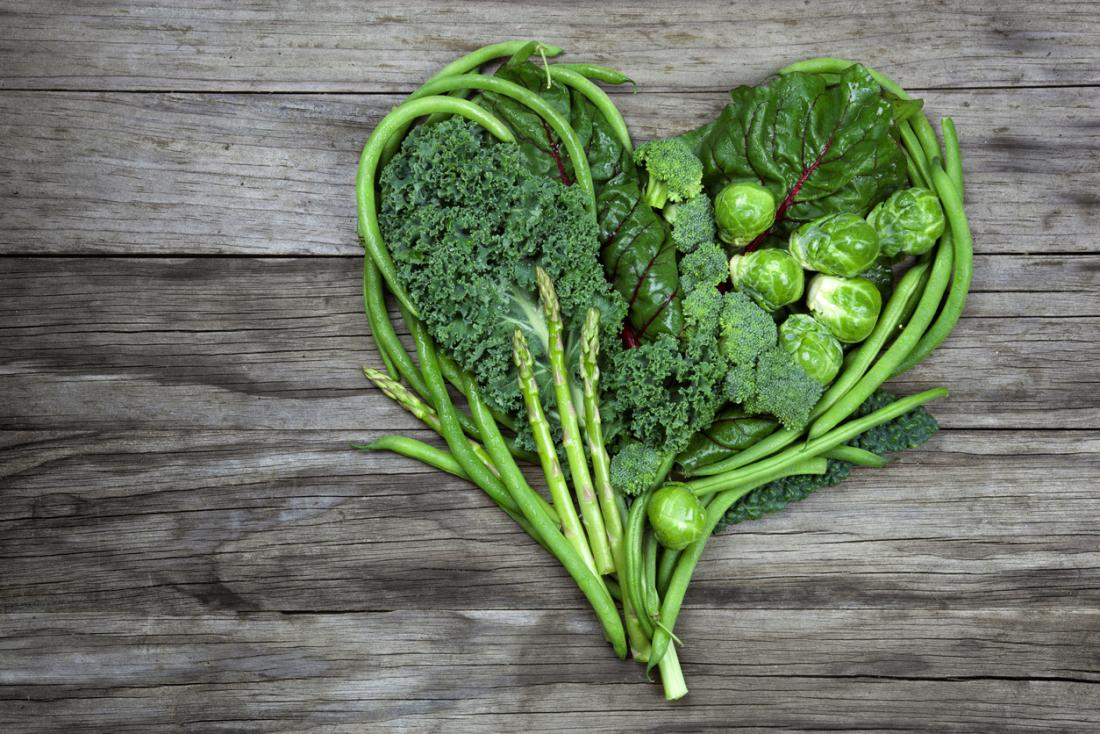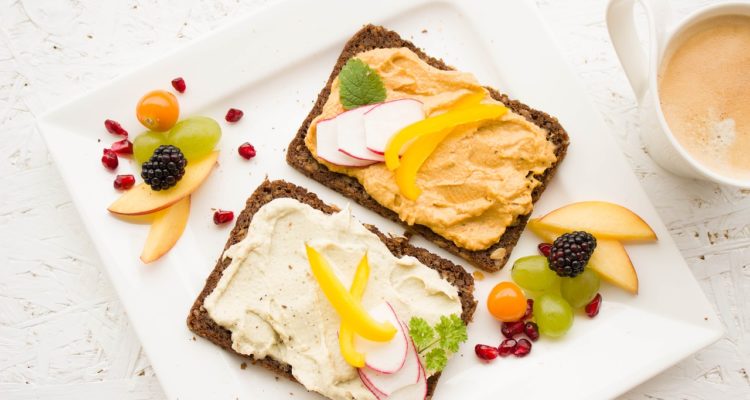Food fuels our body and allows us to function every single day. Despite a number of studies to prove how healthy eating does wonders for the body, some people still are not aware that there are food items that can help the body recuperate physically, emotionally, and psychologically. If you’re nursing a wound due to a surgical error, then you must allow yourself to heal faster so you can take the necessary legal action. For example, attorneys at the Joye Law Firm (www.joyelawfirm.com/medical-malpractice-lawyer/statute-of-limitation/) often advise victims to review their claims as they only have three years from the date of the procedure to file a claim. The sooner you can get better, the faster you can legally process your claim.
To start your healing journey, you have to eat the right food. Here are some nutritional tips to help your wounds heal faster.

Prepare Healthy, Balanced Meals:
A balanced meal includes healthy portions of protein, complex carbohydrates, antioxidant-rich fruits, and vegetables. For each day, aim to have have at least:
- 4-5 servings of fruits and vegetables (aim for up to 7-9 servings)
- 3-4 servings of complex carbohydrates, such as starchy vegetables (sweet potato, butternut squash), whole grains (brown rice/pasta, wholegrain bread, quinoa, buckwheat, amaranth, oats, etc.)
- 3 servings of calcium-rich foods (fortified plant milks/yoghurt, cow’s milk/dairy products)
- 2-3 servings of protein-rich foods (lean meat/poultry/fish/beans/lentils/tofu/tempeh/hummus/eggs)
- Limit servings of vegetable oils, processed sugars, and saturated and trans-fats found in processed foods and fried foods. Focus on sources of healthy mono and polyunsaturated fats from oily fish (salmon/mackerel/sardines), avocado, raw unsalted nuts and nut butters (walnuts/Brazils/almonds), seeds (pumpkin/sunflower/chia/flax) and small amounts of cold-pressed virgin olive oil, coconut oil, flaxseed oil and avocado oil.
If you have diabetes, you have to take into consideration your blood sugar levels. Always consult with your doctor if you are unsure.
Load Up on Vitamin C:
Vitamin C promotes wound healing through the promotion of collagen formation. Since Vitamin C also helps regulate immune system function, it is best for patients with open wounds. You can include these food items with Vitamin C in your daily meals:
- Strawberries
- Cantaloupe
- Kiwi
- Papaya
- Mango
- Pineapple
- Oranges and Grapefruit
- Watermelon
- Bell Peppers
- Broccoli
- Cauliflower
- Spinach
- Sweet Potatoes
Eat Plenty of Protein:
When you have wounds, your body needs more protein to encourage the repair of skin, muscle, and other body tissues. They are also an effective method of fighting infection, as the building blocks of protein, called amino acids, are needed in constant supply for the everyday production of essential hormones, enzymes and antibodies. Make sure to include foods rich in complete protein at every meal and snack items like lean meat, fish, poultry. Try to incorporate between 0.8 to 1.2g protein for every kilo of body weight, depending on your activity levels, age and gender and lifestyle or aim for 20g of protein at both lunch an dinner, plus a little more incorporated into breakfast and healthy snacks. If you’re vegan or vegetarian, aim to get your protein from eggs, soy products like unsweetened yoghurt and tofu, tempeh, hummus, beans, nuts and seeds. A day of healthy and balanced protein-rich meals might be poached eggs with avocado for breakfast , black bean tacos with green salad for lunch, Greek or soy/coconut milk yogurt with seeds and berries for a snack, and a chicken or tofu and vegetable stir-fry for dinner.
Drink Lots of Water:
Your body needs more water when it is trying to recuperate, and even more so if it needs to heal wounds. Open wounds require more hydration than closed wounds. Drinking plenty of fluids will help promote the formation of healthy skin that can facilitate wound healing. You can try to mix up your liquids by adding soups, herbal teas, or fresh vegetable juices to your daily meal.
Special Note: For people with diabetes, wound healing is a big challenge that they have to deal with. Since they can have diabetic neuropathy, their wounds often heal a lot slower than those who have normal sugar levels. One of the things they have to keep in mind is that lower blood sugar levels will allow them to heal their wounds faster. With this, they have lesser options for food items they can include in their meals.
For instance, their dietitian or doctor might advise them to avoid white flour foods, which can strongly impact blood sugar levels. Some of the best food items that they can have are cabbages, pears, carrots, kidney beans, and dried chickpeas. You may want to check out this delicious Creamy Chickpea and Spinach Pasta recipe as your go-to meal.
When you have trouble with wound healing, always make sure to consult your doctor. They may have to run some tests if you likely have diabetes or an immunosuppressive illness.

